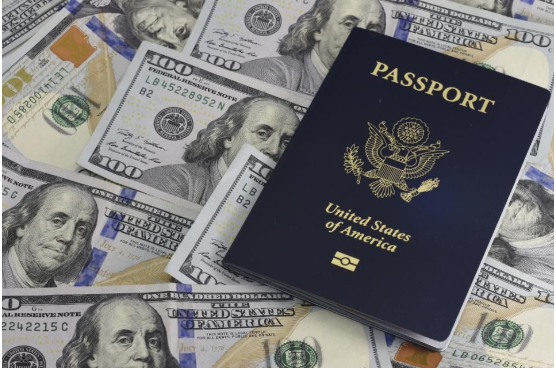In January of 2018, the IRS began pursuing individuals who owe seriously delinquent tax debts. In general, these types of debts exceed $52,000 in back-taxes including penalties and interest for which the IRS has filed a Notice of Federal Tax Lien and the period to challenge it has expired or the IRS has issued a levy. Besides the obvious negative aspects associated with owing a substantial sum, which continuously accrue penalties and interest, a new and substantial consequence of this debt is the potential denial of passport applications, restriction, and even outright revocation of current passports. The IRS authority to police these debts is outlined in Internal Revenue Code 7345 which allows the agency to certify these debts to the State Department which is the agency responsible for oversight of U.S. passports.
In addition to the rules released January 2018, more recently the IRS has provided updated guidance refining the taxpayers who are impacted by IRC 7345. Initially, taxpayers who had an open case with the Taxpayer Advocate Service (TAS) were exempt from consideration of having their passports revoked by the IRS. However, the IRS concluded that just because a taxpayer is seeking assistance from the TAS, they still are eligible to have their passports revoked or applications denied. The driving idea behind this decision is that a “won’t pay” taxpayer could be using the TSA as a blanket and will not end up paying their debts even after receiving help. However, the IRS still encourages individuals to seek assistance from the TSA if it believes that the taxpayer may have a discretionary or statutory exclusion to avoid being certified as having seriously delinquent tax debt.
Certain individuals may be exempt from IRC 7345 and the rules surrounding seriously delinquent tax debt. A few examples of individuals being exempt from these rules are those in bankruptcy, victims of tax-related identity theft, those in federally declared disaster areas, and those with pending good faith offer-in-compromise with the IRS, among others. If you receive Notice CP 508C the IRS has identified your tax debt as meeting the definition of seriously delinquent so you might ask what can I do about this? First, contact your trusted tax advisor and work towards creating a plan with the IRS to either pay the debt in full, or enter into an installment agreement to pay over time. Once the plan has been solidified the IRS will reverse the certification within a month and notify the State Department about resolution of the debt.





